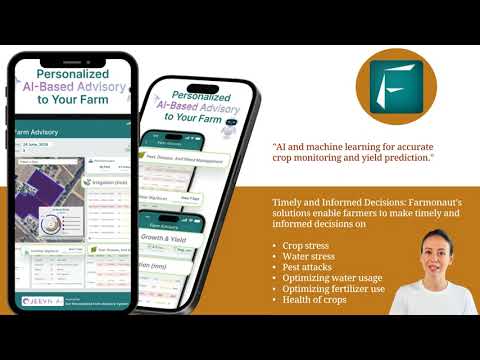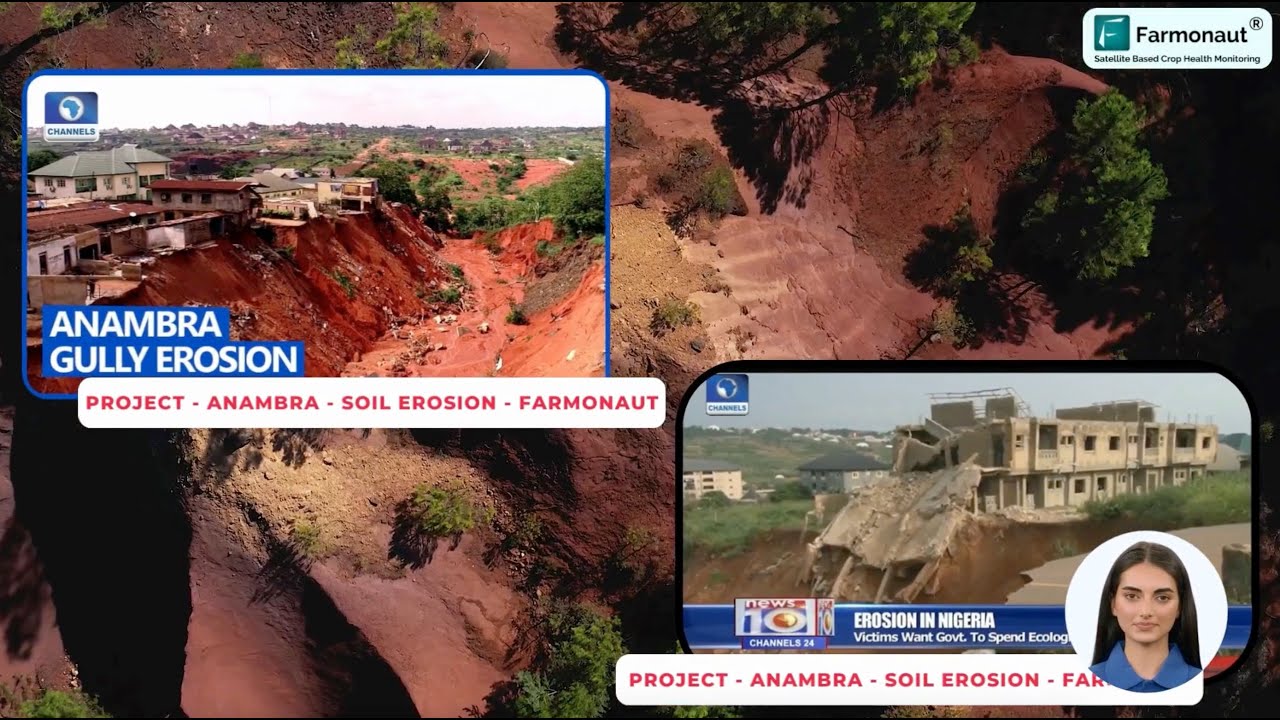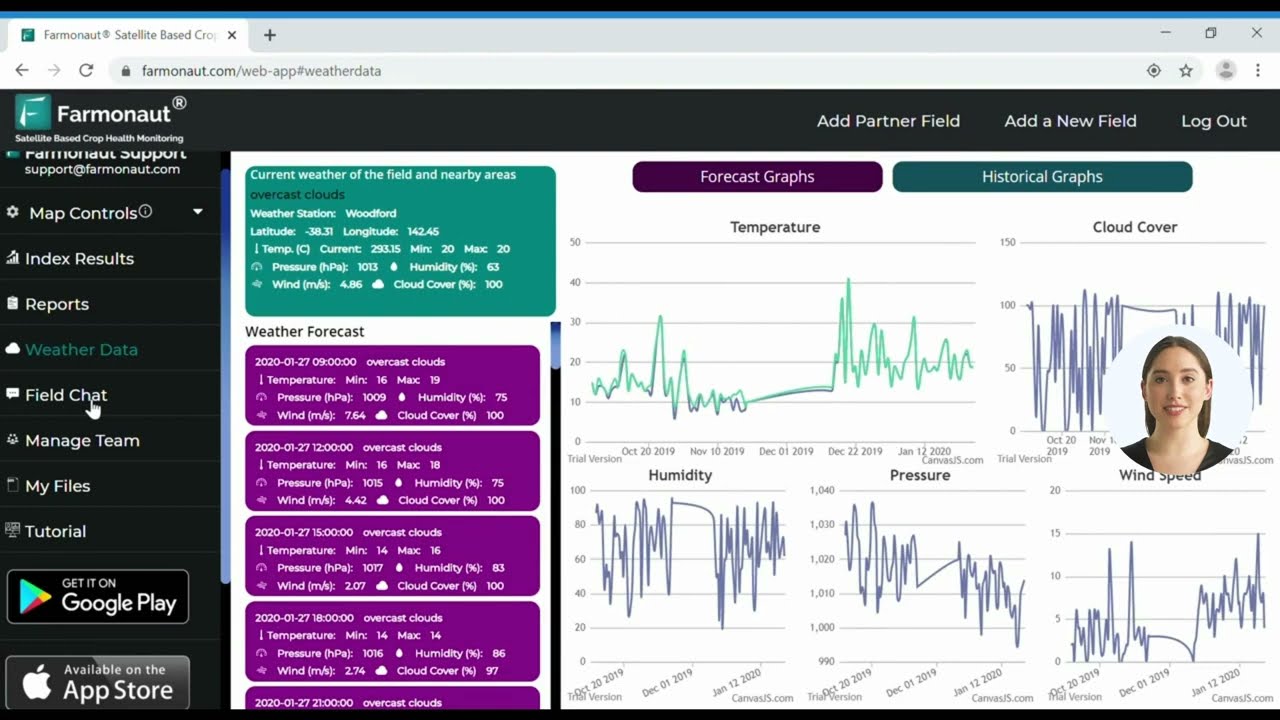Montana’s Golden Triangle: Boost Your Crop Management Skills at MSU’s Annual Farming Seminar Series
“Montana’s Golden Triangle hosts an annual farming seminar covering 7+ key topics, including pest management and winter barley cultivation.”
Welcome to our comprehensive guide on Montana State University’s (MSU) Annual Farming Seminar Series, a premier educational event for agricultural producers in the Golden Triangle region of north-central Montana. We’re excited to share with you the wealth of knowledge and expertise that this seminar series offers, covering crucial topics such as integrated pest management, winter barley cultivation, noxious weed control, and much more.

As we dive into the details of this invaluable event, we’ll explore how it can enhance your crop management skills and keep you at the forefront of Montana’s dynamic agricultural landscape. Whether you’re a seasoned farmer or just starting in the industry, this seminar series offers something for everyone.
The Golden Triangle: Montana’s Agricultural Heartland
Before we delve into the specifics of the seminar series, let’s take a moment to appreciate the significance of the Golden Triangle region in Montana’s agricultural sector. This area, encompassing Chester, Choteau, Conrad, Cut Bank, Fort Benton, Great Falls, Havre, Shelby, and Stanford, is renowned for its fertile soils and ideal growing conditions for various crops, particularly winter wheat and barley.
The Golden Triangle has long been a cornerstone of Montana’s agricultural production, and it’s fitting that MSU has chosen this region to host its annual cropping seminar series. By bringing cutting-edge research and expertise directly to the farmers in this area, MSU is helping to ensure that Montana remains at the forefront of agricultural innovation and sustainability.
MSU’s Annual Cropping Seminar Series: An Overview
The MSU Extension has organized this free-to-attend event from January 6 to January 10, aiming to educate and update agricultural producers on a wide range of critical topics. Let’s break down the key aspects of this seminar series:
- Dates: January 6 – January 10
- Locations: Multiple sites across the Golden Triangle region
- Start Times: 8:30 a.m. for all locations except Great Falls (9:30 a.m.)
- Cost: Free to attend
- RSVP: Encouraged but not mandatory
- Recertification Credits: Available for both commercial and private pesticide licenses
This seminar series is an excellent opportunity for farmers, agricultural professionals, and anyone interested in the latest developments in crop management to gain valuable insights and network with experts in the field.
Key Topics Covered in the Seminar Series
The MSU Annual Farming Seminar Series covers a wide range of topics crucial for successful crop management in Montana. Let’s explore some of the main areas of focus:
1. Integrated Pest Management
One of the seminar’s primary focuses is on integrated pest management strategies. This approach combines various methods to control pests effectively while minimizing environmental impact and promoting long-term crop health. Speakers will discuss:
- Identifying common crop pests in Montana
- Biological control methods
- Chemical control options and their proper application
- Cultural practices to prevent pest infestations
Understanding and implementing effective integrated pest management strategies can significantly reduce crop losses and improve overall yield quality.
2. Winter Barley Cultivation
Winter barley is becoming an increasingly important crop in Montana, and the seminar will provide valuable insights into its cultivation. Topics covered will include:
- Latest developments in MSU’s winter barley breeding program
- Best practices for planting and managing winter barley
- Strategies for maximizing yield and quality
- Disease and pest management specific to winter barley
This information will be particularly valuable for farmers looking to diversify their crop rotations or those already growing winter barley who want to improve their practices.
3. Noxious Weed Control
Noxious weeds pose a significant threat to Montana’s croplands, and effective control strategies are crucial. The seminar will cover:
- Identification of noxious weed species
- Management strategies for specific noxious weeds
- Updates on new invasive species threats
- Information on the Noxious Weed Seed Free Forage program
By staying informed about noxious weed control, farmers can protect their crops and contribute to the overall health of Montana’s agricultural ecosystem.
4. Pulse Crop Production
Pulse crops, such as peas and lentils, are gaining popularity in Montana due to their nitrogen-fixing properties and market demand. The seminar will address:
- Best practices for pulse crop production
- Management of specific pulse crop pests, including pea leaf weevil and lygus bugs
- Marketing opportunities for pulse crops
- Role of pulse crops in crop rotation and soil health
This information will be invaluable for farmers looking to incorporate pulse crops into their rotation or improve their existing pulse crop production.

“The seminar series addresses threats to pulse crops from at least 2 specific pests: pea leaf weevil and lygus bugs.”
Expert Speakers and Their Topics
The MSU Annual Farming Seminar Series brings together a lineup of knowledgeable speakers, each an expert in their respective fields. Let’s take a closer look at some of the key presenters and their topics:
1. Jane Mangold: Invasive Species Management
Jane Mangold, an MSU Extension invasive plant management specialist, will be addressing the growing threats posed by invasive species to Montana’s croplands. Her presentation will cover:
- Identification and biology of rush skeletonweed and ventenata
- Integrated management strategies for these invasive species
- Updates on palmer amaranth, a potentially devastating weed
- Information on the Noxious Weed Seed Free Forage program
Mangold’s expertise will provide farmers with valuable tools to combat these threats and protect their crops from invasive species.
2. Tiziana Oppedisano: Pulse Crop Pest Management
Tiziana Oppedisano from the MSU Western Triangle Agricultural Research Center will focus on integrated pest management strategies for pulse crop pests. Her presentation will cover:
- Effective management of pea leaf weevil
- Strategies for controlling lygus bugs in pulse crops
- Integrated pest management approaches for sustainable pulse crop production
- Latest research findings on pulse crop pest control
This information will be crucial for pulse crop producers looking to protect their yields from these common pests.
3. Tom Allen: Northern Pulse Growers Association Updates
Tom Allen, a Montana field representative for the Northern Pulse Growers Association, will discuss how the organization supports producers. His presentation will include:
- Overview of the Northern Pulse Growers Association’s activities
- How checkoff funds are utilized to improve pulse crop production
- Market updates and opportunities for pulse crop producers
- Resources available to pulse crop growers through the association
Allen’s insights will be valuable for both current pulse crop producers and those considering adding pulse crops to their rotation.
4. Cecil Tharp: Pesticide Application Updates
Cecil Tharp, a pesticide education specialist, will share important updates on pesticide applications and regulations. His presentation will cover:
- Common challenges in pesticide applications
- Updates on pesticide regulations, including paraquat training requirements
- Potential changes from the Environmental Protection Agency
- Best practices for safe and effective pesticide use
Tharp’s session will be crucial for farmers to stay compliant with regulations and optimize their pesticide use.
5. Joseph Jensen: Winter Barley Breeding Program
Joseph Jensen, an agronomist at the MSU Northwestern Agricultural Research Center, will present updates on the MSU winter barley breeding program. His session will include:
- Details on the upcoming release of a new winter barley line
- Current agronomic research being conducted in the Golden Triangle
- Best practices for winter barley cultivation
- Q&A opportunity to address growers’ concerns
Jensen’s presentation will be particularly valuable for farmers interested in winter barley production or looking to improve their current practices.
Seminar Topics and Benefits
| Seminar Topic | Key Focus Areas | Potential Benefits |
|---|---|---|
| Integrated Pest Management |
– Pest identification – Biological control methods – Chemical control options – Cultural practices |
– Up to 30% reduction in crop damage – Potential 20% increase in yield – Reduced pesticide use and costs |
| Winter Barley Cultivation |
– MSU breeding program updates – Best planting practices – Disease management – Yield optimization |
– Possible 15% increase in winter barley yields – Improved crop quality – Enhanced cold tolerance |
| Noxious Weed Control |
– Weed species identification – Management strategies – Invasive species updates – Weed-free forage program |
– Up to 25% reduction in weed-related losses – Improved pasture quality – Compliance with regulations |
| Pulse Crop Production |
– Pea leaf weevil control – Lygus bug management – Soil health improvements – Marketing opportunities |
– Potential 20% increase in pulse crop yields – Enhanced soil nitrogen content – Diversified income streams |
| Forage Management |
– Optimal harvesting techniques – Nutrient management – Weed control in forages – Storage and preservation |
– Up to 25% improvement in forage quality – Extended grazing season – Reduced feed costs |
This table provides a clear overview of the seminar topics, their key focus areas, and the potential benefits farmers can expect from implementing the strategies discussed. It’s a valuable resource for attendees to quickly identify which sessions align most closely with their farming needs and goals.
Leveraging Technology in Crop Management
While the MSU Annual Farming Seminar Series offers invaluable in-person learning opportunities, it’s important to note that modern farmers can also benefit from technological solutions to enhance their crop management practices. One such solution is Farmonaut, a pioneering agricultural technology company that offers advanced, satellite-based farm management solutions.
Farmonaut’s platform provides valuable services such as:
- Real-time crop health monitoring
- AI-based advisory systems
- Resource management tools
These tools can complement the knowledge gained from the seminar series, allowing farmers to implement precision agriculture techniques effectively.
You can explore Farmonaut’s services through their various platforms:
For developers interested in integrating Farmonaut’s technology into their own applications, check out the API and API Developer Docs.
The Importance of Continuing Education in Agriculture
Events like the MSU Annual Farming Seminar Series underscore the importance of continuing education in agriculture. As farming practices evolve and new challenges emerge, it’s crucial for agricultural producers to stay informed and adapt their methods accordingly. Here’s why continuing education is so vital in this field:
- Rapidly Changing Technology: New technologies are constantly being developed to improve farming efficiency and sustainability. Staying educated helps farmers adopt these technologies effectively.
- Evolving Pest and Disease Threats: New pests and diseases can emerge or become resistant to current control methods. Ongoing education helps farmers stay ahead of these threats.
- Climate Change Adaptation: As climate patterns shift, farmers need to adapt their practices. Education provides insights into climate-resilient farming techniques.
- Regulatory Compliance: Agricultural regulations can change, and staying informed helps ensure compliance and avoid penalties.
- Market Trends: Understanding market trends helps farmers make informed decisions about crop selection and marketing strategies.
By attending seminars like this one and utilizing resources like Farmonaut, farmers can ensure they’re equipped with the knowledge and tools needed to succeed in today’s dynamic agricultural landscape.
Networking Opportunities at the Seminar Series
While the educational content of the MSU Annual Farming Seminar Series is undoubtedly valuable, the networking opportunities it provides should not be overlooked. These events bring together a diverse group of agricultural professionals, including:
- Experienced farmers
- Agricultural researchers
- Industry representatives
- Extension specialists
- Government officials
This gathering creates an ideal environment for:
- Knowledge Sharing: Farmers can exchange experiences and best practices with peers facing similar challenges.
- Collaboration Opportunities: Attendees may find potential partners for joint ventures or research projects.
- Access to Experts: The seminar provides a chance to connect directly with researchers and specialists for personalized advice.
- Industry Updates: Conversations with industry representatives can provide insights into upcoming trends and technologies.
We encourage attendees to make the most of these networking opportunities, as the connections made at such events can be just as valuable as the formal presentations.
Implementing Seminar Insights with Farmonaut’s Technology
As you gather valuable insights from the MSU Annual Farming Seminar Series, you may wonder how to effectively implement this knowledge in your day-to-day farming operations. This is where Farmonaut’s advanced technology can play a crucial role. Let’s explore how Farmonaut’s features align with key seminar topics:
1. Integrated Pest Management
Farmonaut’s satellite-based crop health monitoring can help detect early signs of pest infestations. By providing real-time data on crop health, farmers can identify problem areas quickly and apply targeted pest control measures, aligning with the integrated pest management strategies discussed in the seminar.
2. Crop Health Monitoring
The seminar’s focus on various crops, including winter barley and pulse crops, can be complemented by Farmonaut’s advanced crop monitoring capabilities. The platform uses multispectral satellite imagery to assess crop health, helping farmers make informed decisions about irrigation, fertilization, and overall crop management.
3. Resource Management
As the seminar addresses topics like efficient pesticide application and resource management, Farmonaut’s tools can help farmers implement these practices effectively. The platform’s resource management features assist in optimizing input use, potentially reducing costs and environmental impact.
4. Weather Insights
While the seminar provides valuable agronomic information, Farmonaut’s weather forecasting capabilities can help farmers apply this knowledge at the right time. Accurate weather predictions are crucial for timing planting, harvesting, and pest control activities effectively.
By combining the expert knowledge gained from the MSU Annual Farming Seminar Series with Farmonaut’s cutting-edge technology, farmers in Montana’s Golden Triangle and beyond can take their agricultural practices to the next level, potentially increasing yields, reducing costs, and promoting sustainable farming methods.
Sustainability in Agriculture: A Key Focus
Sustainability is a crucial aspect of modern agriculture, and it’s likely to be a recurring theme throughout the MSU Annual Farming Seminar Series. As farmers in Montana’s Golden Triangle and beyond face challenges related to climate change, resource scarcity, and environmental concerns, adopting sustainable practices becomes increasingly important. Here’s how the seminar and technology like Farmonaut can contribute to sustainable farming:
- Precision Agriculture: The seminar may cover precision agriculture techniques, which can be enhanced by Farmonaut’s satellite-based monitoring. This approach allows for more efficient use of resources, reducing waste and environmental impact.
- Soil Health: Topics like crop rotation and cover crops are crucial for maintaining soil health. Farmonaut’s technology can help monitor the effects of these practices on overall field health.
- Water Conservation: Efficient irrigation is key to sustainable farming. The seminar may cover water management strategies, which can be implemented more effectively using Farmonaut’s soil moisture monitoring capabilities.
- Integrated Pest Management: By promoting IPM strategies, the seminar encourages reduced reliance on chemical pesticides. Farmonaut’s early detection of pest issues can support these environmentally friendly approaches.
- Carbon Footprint Reduction: While the seminar may discuss ways to reduce carbon footprint in farming operations, Farmonaut offers tools to track and manage carbon emissions, helping farmers make data-driven decisions to improve sustainability.
By combining the knowledge gained from the seminar with technological solutions like Farmonaut, farmers can work towards more sustainable and resilient agricultural practices, ensuring the long-term health of their land and the environment.
The Future of Farming in Montana’s Golden Triangle
As we look to the future of agriculture in Montana’s Golden Triangle, it’s clear that events like the MSU Annual Farming Seminar Series and technologies like those offered by Farmonaut will play crucial roles. Here are some key trends and developments we can anticipate:
- Increased Adoption of Precision Agriculture: As farmers become more familiar with technologies like satellite monitoring and AI-driven insights, we expect to see wider adoption of precision agriculture techniques.
- Climate-Resilient Crop Varieties: With climate change posing challenges, research into climate-resilient crop varieties, such as the winter barley discussed in the seminar, will likely intensify.
- Data-Driven Decision Making: The combination of on-the-ground expertise shared at seminars and data provided by platforms like Farmonaut will enable more informed, data-driven decision-making in farming operations.
- Sustainable Farming Practices: We anticipate a continued shift towards more sustainable farming practices, driven by both environmental concerns and economic factors.
- Diversification of Crops: As markets evolve and new opportunities arise, we may see greater diversification in the crops grown in the Golden Triangle region.
By staying informed through educational events like the MSU seminar series and leveraging advanced technologies, farmers in Montana’s Golden Triangle can position themselves at the forefront of these exciting developments in agriculture.
Conclusion: Empowering Montana’s Farmers for Success
The MSU Annual Farming Seminar Series in Montana’s Golden Triangle represents a valuable opportunity for farmers and agricultural professionals to enhance their knowledge, stay updated on the latest research, and network with peers and experts. By covering critical topics such as integrated pest management, winter barley cultivation, noxious weed control, and pulse crop production, the seminar equips attendees with the tools they need to succeed in today’s challenging agricultural landscape.
Moreover, by combining the insights gained from these seminars with advanced technological solutions like those offered by Farmonaut, farmers can take their operations to the next level. The integration of expert knowledge and cutting-edge technology paves the way for more efficient, sustainable, and profitable farming practices.
We encourage all agricultural producers in the Golden Triangle region and beyond to take advantage of this excellent educational opportunity. By investing in your knowledge and embracing innovative solutions, you’re not just preparing for the future of farming – you’re actively shaping it.
Remember, the future of agriculture lies in the hands of informed, adaptable, and forward-thinking farmers. By attending the MSU Annual Farming Seminar Series and exploring tools like Farmonaut, you’re taking important steps towards ensuring the continued success and sustainability of your farming operations.
FAQs about the MSU Annual Farming Seminar Series
Q1: Who can attend the MSU Annual Farming Seminar Series?
A1: The seminar series is open to all agricultural producers, professionals, and anyone interested in learning about the latest developments in crop management and farming practices in Montana.
Q2: Is there a cost to attend the seminars?
A2: No, the seminars are free to attend. However, RSVPs are encouraged to help with planning.
Q3: Can I earn recertification credits by attending these seminars?
A3: Yes, attendees can earn recertification credits for both commercial and private pesticide licenses.
Q4: Where are the seminars held?
A4: The seminars are held in multiple locations across Montana’s Golden Triangle region, including Chester, Choteau, Conrad, Cut Bank, Fort Benton, Great Falls, Havre, Shelby, and Stanford.
Q5: What topics will be covered in the seminars?
A5: The seminars cover a wide range of topics including integrated pest management, winter barley cultivation, noxious weed control, pulse crop production, and pesticide application updates, among others.
Q6: How can I stay updated on future MSU Extension events?
A6: You can stay informed about future events by regularly checking the MSU Extension website or signing up for their newsletter if available.
Q7: How can I implement the knowledge gained from these seminars in my farming practices?
A7: You can implement the knowledge by gradually incorporating the strategies and techniques discussed in the seminars into your farming practices. Tools like Farmonaut can also help you apply some of these concepts through precision agriculture techniques.
Q8: Are there networking opportunities at these seminars?
A8: Yes, these seminars provide excellent networking opportunities with fellow farmers, agricultural experts, and industry professionals.




















